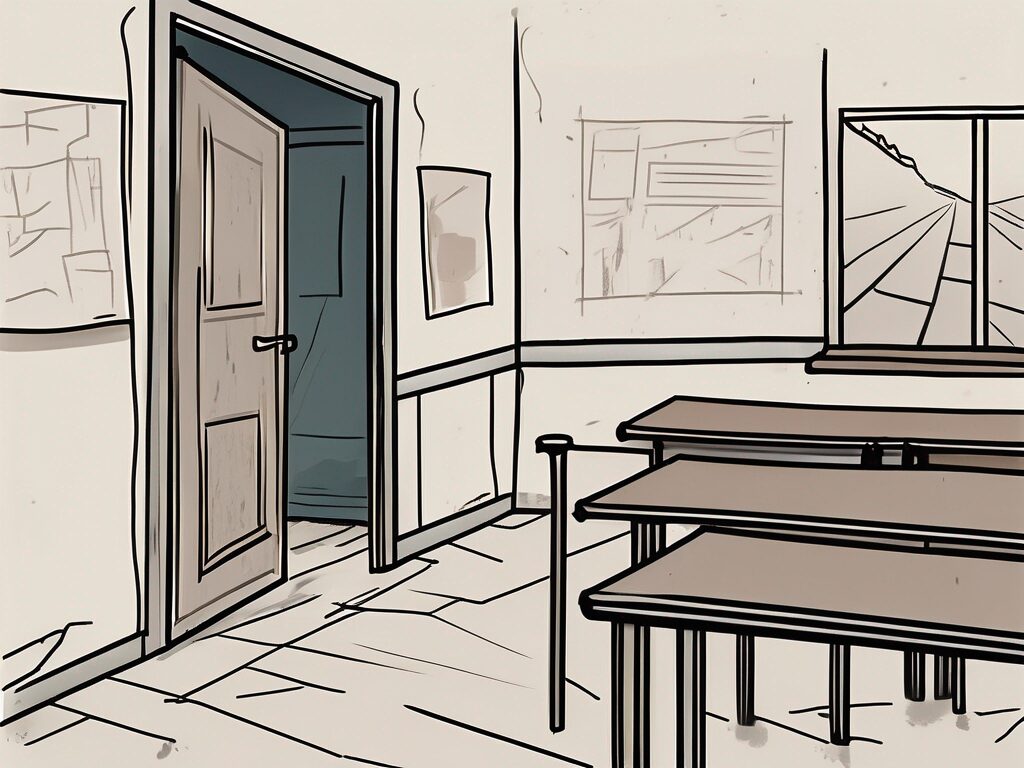Thailand, a country known for its rich cultural heritage and stunning landscapes, is also a nation grappling with significant educational challenges. Despite the government’s efforts to improve the quality of education, there exist several barriers that impede the progress of teachers, particularly those with a Master’s degree in Education. This article delves into the six key factors that contribute to these barriers.
1. Language Barrier
Language is the primary tool for imparting education. However, in Thailand, the language barrier poses a significant challenge for teachers with a Master’s degree in Education. The national language, Thai, is predominantly spoken and understood, while English, the language often used in higher education, is less familiar to the masses.
For teachers educated in English, this can pose a significant hurdle. Their advanced knowledge and teaching methodologies may not be fully understood or appreciated by students or even fellow educators who are not proficient in English. This language barrier can lead to a disconnect between the teacher and the students, hindering the overall learning process.
2. Cultural Differences
Thailand’s rich and diverse culture is a source of pride for its citizens. However, this cultural diversity can also present challenges in the educational sphere. Teachers with a Master’s degree in Education, particularly those from other countries, may find it difficult to navigate the cultural nuances of the Thai classroom.
For instance, the concept of ‘saving face’ is deeply ingrained in Thai culture. This can make it difficult for teachers to provide constructive criticism or feedback without causing offence. Understanding and adapting to these cultural norms is crucial for teachers to effectively communicate and connect with their students.
3. The Thai Education System
The Thai education system is quite different from Western models, which can pose challenges for teachers educated in the latter. The system places a strong emphasis on rote learning, with less focus on critical thinking and problem-solving skills.
Teachers with a Master’s degree in Education, trained to encourage independent thinking and creativity in their students, may find this approach restrictive. The struggle to balance their teaching methodologies with the expectations of the Thai education system can be a significant barrier.
4. Limited Resources
Resource limitation is another barrier that teachers in Thailand face. Many schools, particularly in rural areas, lack the necessary resources and infrastructure to support advanced teaching methodologies. This includes a lack of access to modern technology, up-to-date textbooks, and other teaching aids.
For teachers with a Master’s degree in Education, who are trained to utilise a wide range of resources to enhance learning, this can be a major stumbling block. The lack of resources can limit their ability to deliver quality education and implement innovative teaching strategies.
5. Socio-economic Factors
Socio-economic factors also play a significant role in the challenges faced by teachers in Thailand. Many students come from low-income families and have to juggle their studies with work to support their families. This can affect their attendance and attention in class, making it difficult for teachers to maintain a consistent teaching pace.
Teachers with a Master’s degree in Education are trained to cater to diverse learning needs. However, the socio-economic disparities can make it challenging to ensure that all students receive the same level of attention and support.
6. Professional Development Opportunities
Finally, the lack of professional development opportunities for teachers in Thailand can be a significant barrier. Continuous learning and development are crucial for teachers to stay updated with the latest teaching methodologies and educational research.
However, opportunities for professional development are often limited in Thailand, particularly for teachers in rural areas. This can hinder the growth and development of teachers with a Master’s degree in Education, limiting their ability to deliver the best possible education to their students.
In conclusion, while Thailand has made strides in improving its education system, there are still significant barriers that teachers, particularly those with a Master’s degree in Education, face. Overcoming these barriers will require concerted efforts from all stakeholders, including the government, educational institutions, and the teachers themselves.
Take the Leap with The IQTS at UWE
If you’re a teacher in Thailand facing the barriers outlined above, The IQTS at UWE offers a transformative solution. Our International Qualified Teacher Status (iQTS) Programme is designed to elevate your professional credentials, enhance your career progression, and connect you with a global community of educators. With our programme, you can expect a 45% increase in promotion rates, a 30% salary boost, and a 300% expansion in professional connections. Embrace the opportunity to become more adaptable to international curricula and overcome the isolation often felt in the teaching profession. Don’t let the challenges hold you back. Make Your Next Step towards a rewarding international teaching career with the iQTS at UWE.

